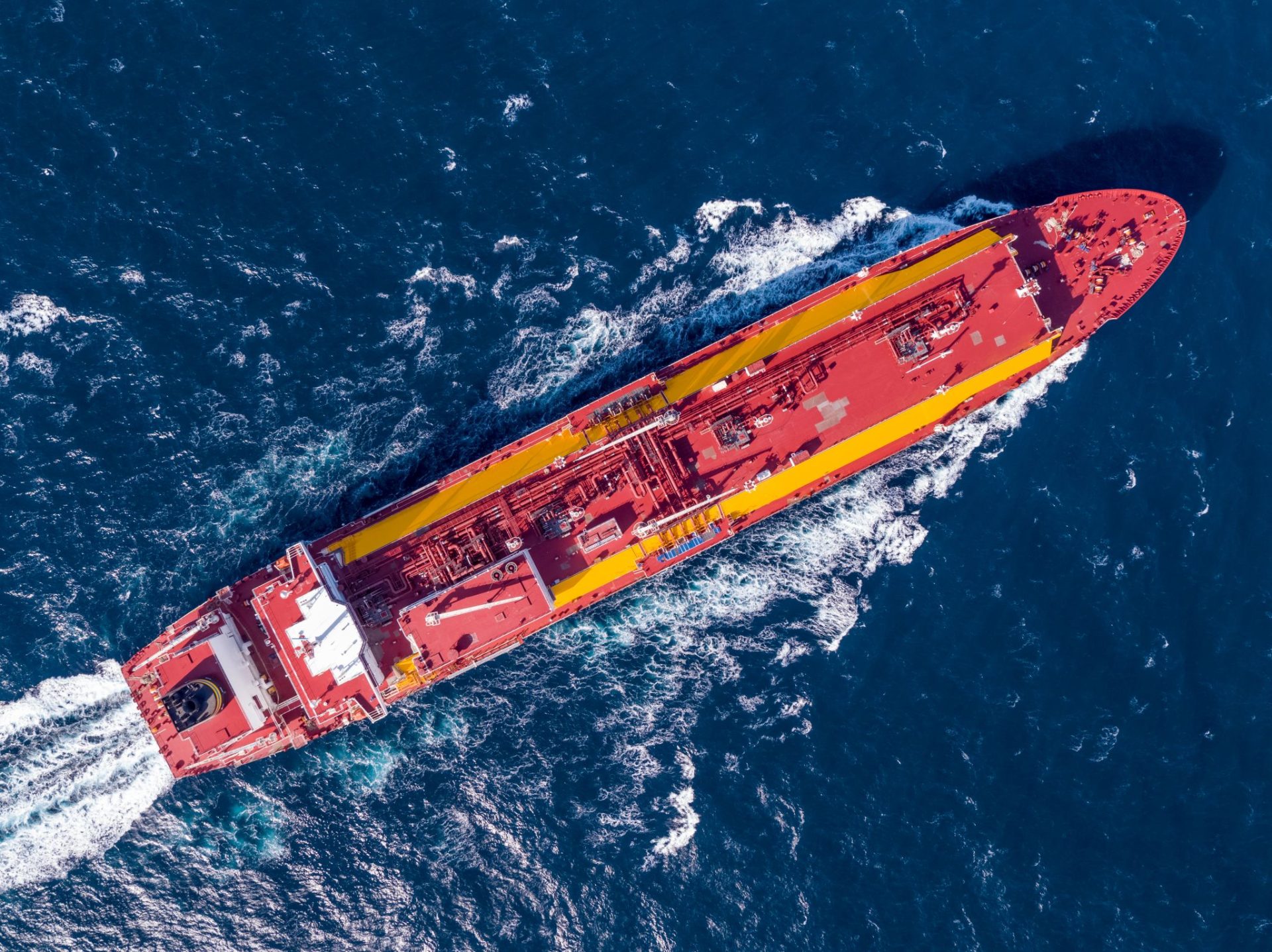Spot charter rates for the global liquefied natural gas (LNG) carrier fleet continued to decline this week, while European prices also decreased compared to the previous week.
Last week, spot LNG freight rates continued their downward trend.
LNG freight rates continued to decline despite delays at the Panama Canal, and constraints at the Suez Canal due to attacks in the Red Sea, prompting some owners to divert their LNG carriers towards the Cape of Good Hope.
“LNG freight rates have fallen for the fifth consecutive week, with a 7 percent week-on-week decrease for Atlantic rates and a 16 percent w-o-w decrease for Pacific rates,” Qasim Afghan, Spark’s commercial analyst told LNG Prime on Friday.

Afghan said that the Spark30S Atlantic decreased by $7,750 to $108,500 per day, whilst the Spark25S Pacific decreased by $15,250 to $80,250 per day.
According to Afghan, Spark30S and Spark25S rates now assess rates for larger, more efficient 174,000-cbm 2 stroke vessels after a specification change to evolve in line with the evolution of the global fleet.
European, Asian LNG prices
In Europe, the SparkNWE DES LNG front month also dropped from the last week.
The NWE DES LNG for February delivery was assessed last week at $9.925/MMBtu and at a $0.850/MMBtu discount to the TTF.
“The SparkNWE DES LNG price for February delivery is assessed at $9.872/MMBtu and at a $0.855/MMBtu discount to the TTF,” Afghan said on Friday.
He said this is a $0.185/MMBtu decrease in DES LNG price, and the discount to the TTF widened by $0.035/MMBtu, when compared to last week’s February prices.

Levels of gas in storages in Europe remain high due to a mild winter. Currently, some parts of Europe such as the Nordic countries are experiencing a cold snap.
Data by Gas Infrastructure Europe (GIE) shows that gas storages in the EU were 85.86 percent full on January 3.
In Asia, South Korea and Japan’s demand for spot LNG cargoes remained tepid in December as comfortable inventories weighed on buying interest, according to Platts, part of S&P Global Commodity Insights.
Despite stable consumption of LNG in China, buying interest emerged in the week ended December 22 as China’s second-tier companies came out of the sidelines to purchase spot cargo as the Platts JKM, the benchmark price for LNG delivered to Northeast Asia, became more competitive than the domestic gas prices in China, it said.
JKM ranged between $11-$15/MMBtu price levels in December, compared to the higher price range recorded in November at $15-$17/MMBtu.
This week, JKM dropped when compared to the last week.
JKM for February settled at $11.555/MMBtu on Thursday.

